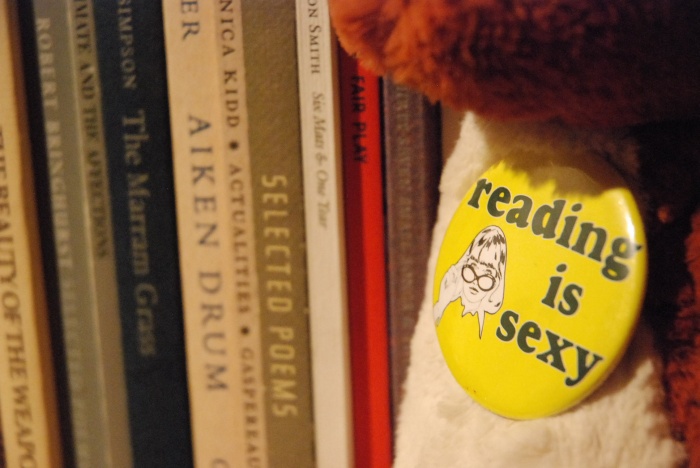“Information is endlessly available to us; where shall wisdom be found?”
This is the question American literary critic Harold Bloom asks at the beginning of his book, How to Read and Why. Bloom isn’t the only person to ask this question and then find the answer waiting in literature.
“If I were a young person today, trying to gain a sense of myself in the world, I would do that again by reading,” said author and poet Maya Angelou. Meanwhile, poet Emily Dickinson said she knew “nothing in the world that has as much power as a word.” Charles Bukowski, a famously grungy 20th-century poet, said, “Without literature, life is hell.”

The aim of Lit Matters! is twofold. I want to look at the different ways authors have chosen to answer the question: “Why does it matter?” Why struggle with the diction of a poem, or with a challenging novel, when, with a tap on our phones, we have instant answers to any question we can dream of?
This question goes all the way back to ancient Greece. We find answers in poems, novels, essays; even in the lives of their creators. Literature offers us lessons about life and ourselves that are different from those of psychology, technology, or the flash-bang-boom of Hollywood cinema.
I also want to explore the lives and works of writers who have embodied the enduring answers to those questions. Through this, I hope you, the reader, will become familiar with some lesser-known authors and their works, possibly discovering new inspiration in the process.
And, finally, I wish to simply communicate the joy of reading good literature.
“Reading well,” said Bloom, “is one of the great pleasures that solitude can afford you.”
